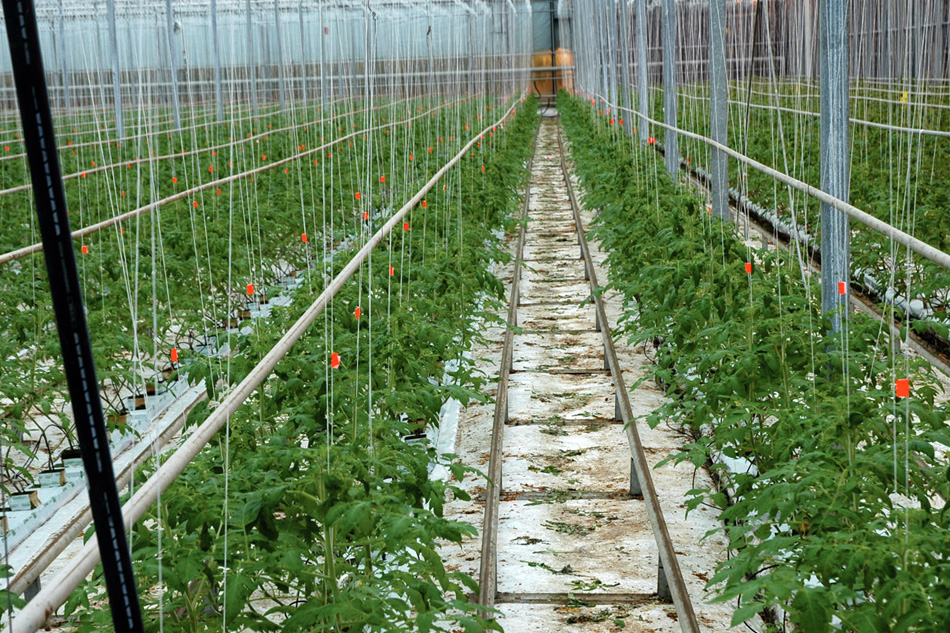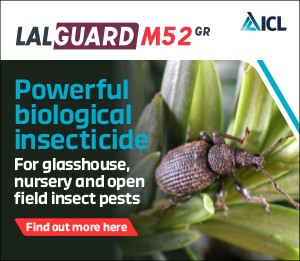Production costs for tomatoes and other crops could be reduced thanks to the development of a new biodegradable string. Created by the Dutch Applied Polymer Innovations (API) Institute, the new fully compostable string is designed to replace the traditional polypropylene twine used to support tomatoes, cucumbers and peppers.
Due to the cost associated with removing the string from the rest of the crop waste, most growers in Holland do not separate the two waste streams, meaning that much of their old plant material ends up in landfill. Grower and researcher Ron Peters contacted API, who took up the challenge using a PLA (polylactic acid) based fibre. “We have developed a process to spin on a spinning machine to produce greater amounts of PLA yarn,” explained Bas Krins, director R & D at API. “We have [enough] of this yarn to make twine and a rope.”
Initial tests were positive, with the string performing well under greenhouse conditions. However, after a few months it was discovered that the new string was too sensitive to creeping: i.e. stretching under the weight of the crop. “The creep was too high for good use in the greenhouse,” added Krins. “After a period of time it will lose its firmness in the rope, so the PLA we had in mind was not ideal.”
Having written off the project, about eighteen months ago API looked back at a different variant of PLA it has used for other purposes. “After some intensive lab tests showed that there is virtually no creep, we finally had something in [our] hands that worked,” he continued. “Moreover, the wire can be disposed of along with the green waste. Legally, it must be composted within 180 days and this material certainly get is.” He added that although the cost is currently higher than polypropylene strings, it delivers costs savings to growers when it comes to disposal and segregating waste.














